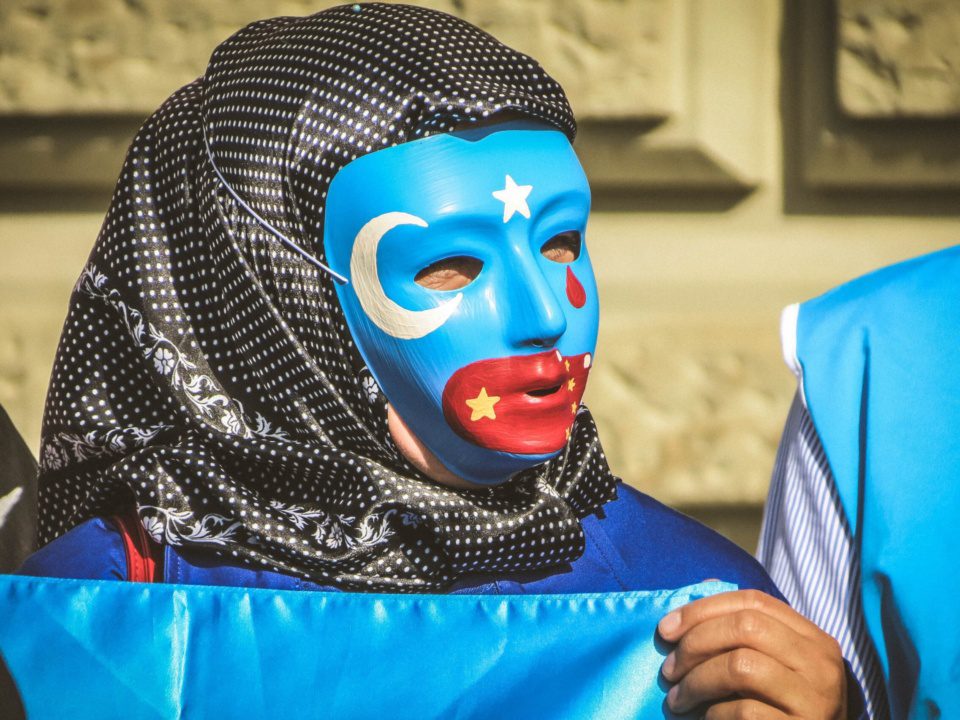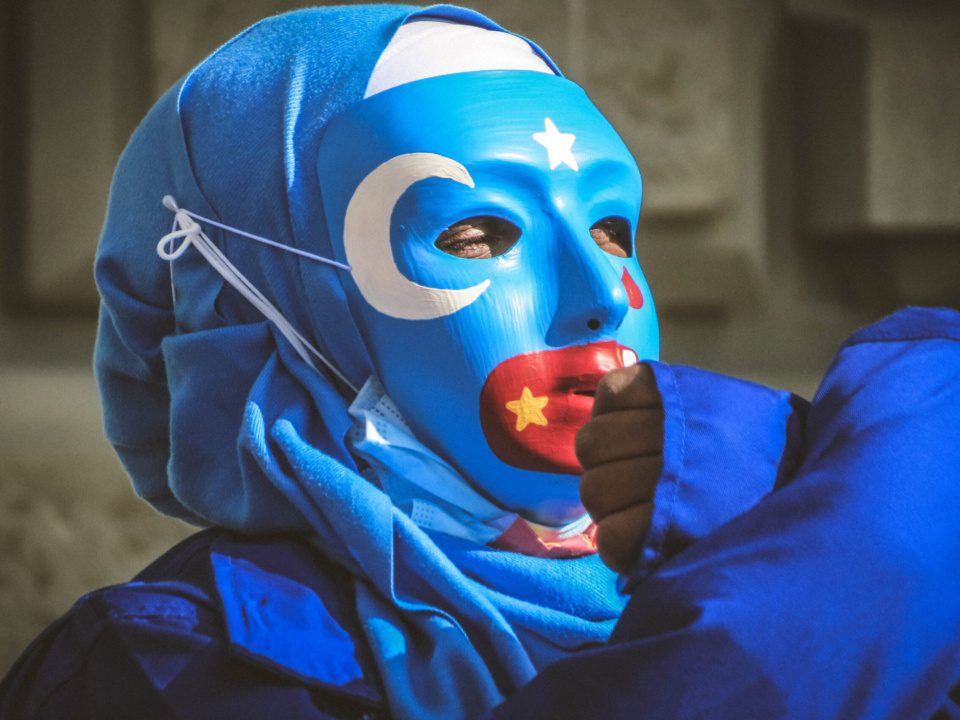20. December 2021
Press release
Complaint proceedings against UBS discontinued – STP sees a need for financial institutions and the NCP to take action
The Society for Threatened Peoples (STP) discontinues the proceedings in its complaint filed with the National Contact Point (NCP) against UBS. This reason for this is the lack of willingness displayed by UBS to take responsibility for its “passive investments”. However, the STP also considers it necessary for action to be taken within the NCP itself: to fulfil its role as a complaints body, it must address the financial sector’s responsibilities with regard to human rights and the environment more comprehensively and formally record the occurrence of any violation of the OECD Guidelines.
On 22 June 2020, the Society for Threatened Peoples (STP) filed a complaint against the Swiss bank UBS with the National Contact Point (NCP) for the OECD Guidelines for Multinational Enterprises. The reason for this was UBS’s business relations, via a fund, with the Chinese company Hikvision, which is the world’s largest developer and manufacturer of surveillance technologies. It plays a leading role in monitoring the Uyghur population in East Turkestan (Chinese: Xinjiang). UBS continued to offer the fund despite harrowing reports about internment camps where, depending on the source, 1-3 million Uighurs are being held without charge and where Hikvision surveillance technologies are being used.
Almost one and a half years after filing the complaint, the STP has decided to discontinue the proceedings. The reason for this is the need for action described below that the STP sees with UBS and the NCP respectively:
- The STP is disappointed about UBS’s lack of willingness to assume more responsibility. It believes that due diligence on human rights violations must also be applied to “passive investments” and to “nominee shareholders”, i.e. the management of their clients’ shares. Also, exit clauses must apply to all transactions that allow the bank or its clients to withdraw from transactions if companies are involved in serious human rights abuses or massive environmental damage. The STP fears that banks will otherwise continue to do business with controversial investments, while simply declaring that their shareholders or clients are responsible for their transactions. This is problematic in that these shareholder or clients hide behind the anonymity of banking secrecy and are often unable to adequately assess the risks of such an investment.
- The NCP only accepted parts of the complaint that was submitted for the mediation process in June 2020 since they consider that the UBS, as nominee shareholders of Hikvision, did not have a direct business relationship with Hikvision. An assessment by the Office of the High Commissioner for Human Rights, on the other hand, concludes that there is also a business relationship between the bank and the company in this function. Accordingly, the obligation to respect human rights also applies to such business relationships. The STP further criticises the fact that, unlike in other countries, Switzerland’s NCP does not establish any findings. In other words, the NCP does not formally assess the complaint, even if the procedure fails, and instead only makes recommendations.
In the final statement published today, UBS has expressed its willingness to further engage with the STP and to discuss the issue within the industry. The STP welcomes this, though these issues should be considered self-evident and cannot be interpreted as a success of the complaint. The STP therefore considers the outcome of this complaint to be disappointing.



